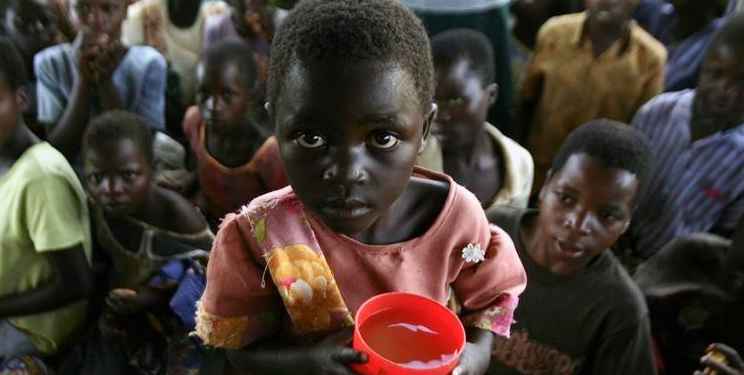Nigeria misery index hit 73.81 the highest ever recorded , ranking as the 4th miserable country in west Africa. The Misery Index, a snapshot of economic performance, showcases the struggles faced by the average person by combining the seasonally adjusted unemployment rate and annual inflation rate. Despite moments of economic growth, the nation’s citizens are grappling with increasing poverty levels and limited access to basic amenities.
The Misery Index, a tool designed to gauge the economic wellbeing of individuals, has placed Nigeria in an unfortunate spotlight as the 6th most miserable country worldwide. Dr. Steve Hanke, an economist, formulated the index by amalgamating the seasonally adjusted unemployment rate and annual inflation rates, with the addition of bank lending rate to capture borrowing levels. This composite index paints a stark picture of Nigeria’s socio-economic landscape.
The ranking reflects a multifaceted challenge: Nigeria’s inflation and unemployment rates have played a significant role in pushing the nation towards a state of misery. In 2016, the misery index reached a peak of approximately 28.73 percent, marking a troubling point in Nigeria’s economic history. The consequences of this index are far-reaching, affecting citizens’ access to necessities and their overall quality of life.
Even as the nation’s growth rate has averaged 3.10 percent annually in 2022, this statistic masks the stark reality on the ground. While economic growth has occurred, it has failed to uplift a substantial portion of Nigeria’s population from poverty. The issue becomes even more pronounced when considering that nearly 40 percent of Nigerians lack access to reliable electricity, contributing to the challenges they face.
The removal of fuel subsidies, unification of foreign exchange rates, and soaring energy costs have compounded the situation, further reducing disposable incomes. As the cost of living rises, citizens are finding it increasingly difficult to make ends meet, making the prospects of a brighter future seem distant.
The situation’s gravity is emphasized by a report from the National Bureau of Statistics, revealing that 63 percent of Nigerians, equivalent to 133 million people, are grappling with multidimensional poverty. This level of deprivation encompasses aspects such as health, living standards, and work, reflecting a severe hardship experienced by a significant majority of the population.
The current state of affairs warrants urgent attention and a concerted effort to address the root causes of Nigeria’s misery index. While glimpses of economic growth exist, they have failed to trickle down to the most vulnerable citizens. The challenge of fostering an environment that fosters equitable prosperity remains a complex task, requiring comprehensive measures and sustainable solutions. As Nigeria navigates these issues, the global community watches with hope that the country’s potential can be harnessed to transform the lives of its citizens for the better.









